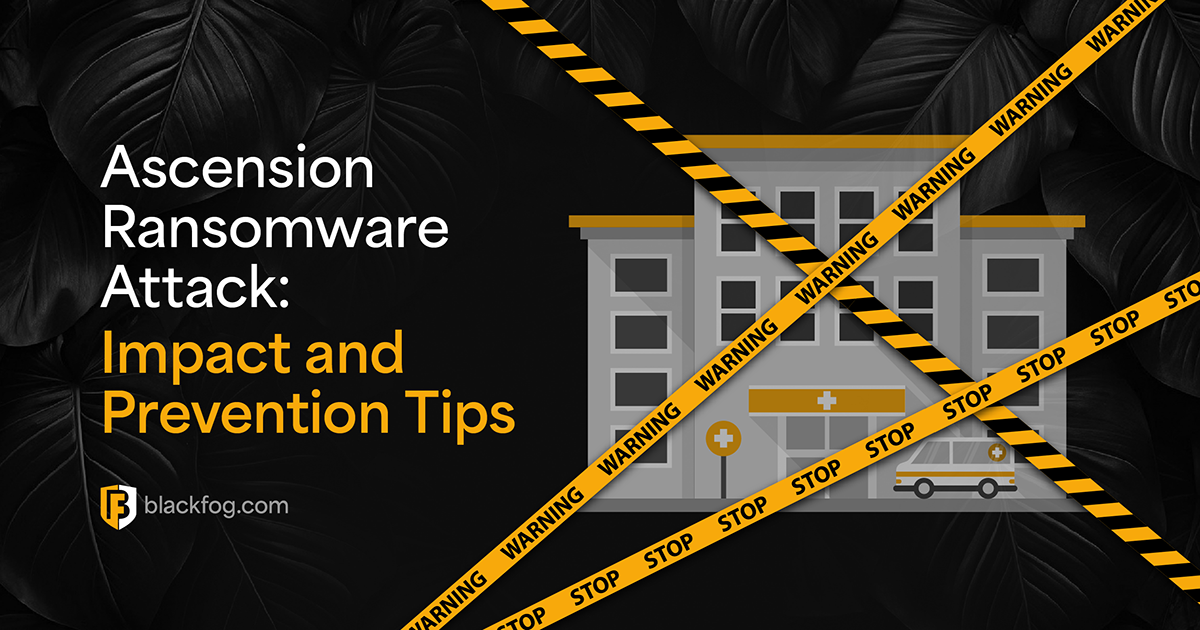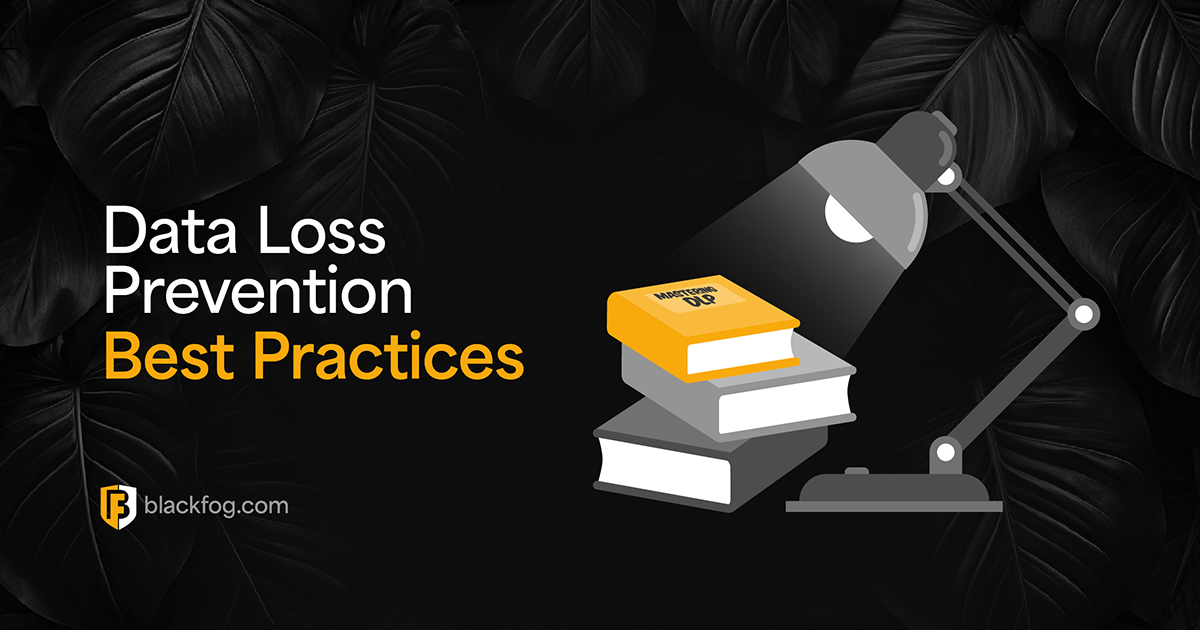
Data Security Services: What do Firms Need to Know?
When it comes to protecting against the risks posed by hackers and other cybersecurity issues, it can be hard for businesses to go it alone. With the nature of threats evolving rapidly and a continuing skills shortage making it difficult to find in-house talent, many firms will need to bring in outside help to keep their information safe.
This is where managed data security solutions come in. By turning to expert professionals, companies can rest assured they have access to all the skills and resources needed to protect their networks from attack. However, there are a wide range of options available, from basic antimalware protections to full managed security service providers (MSSPs) that aim to safeguard all aspects of a network. So what do firms need to know when investigating potential solutions?
Data Security Strategies for an Evolving Threat Landscape
The first step will be for a firm to evaluate its position and identify where any vulnerabilities lie. It would be a major mistake for a business to assume it will not be of interest to hackers because it is too small or does not hold particularly sensitive or valuable data. In fact, these are exactly the sort of companies many criminals target, as they are likely to be less well-protected.
What’s more, with tactics such as ransomware increasingly popular among cybercriminals, targeting less-sizeable enterprises can offer a greater chance of success, as these firms often cannot afford the costs associated with lengthy downtime, or have the skills to conduct disaster recovery operations. This makes it more likely they will pay to retrieve their data – in turn increasing their risk of being targeted again and again.
Why are Data Security Services Important?

The consequences of data breaches can be severe, both financially and reputationally. According to IBM, the average cost of a data breach in 2023 was $4.45 million. However, the firm also noted that organizations with advanced security tools such as artificial intelligence (AI) and automation reduced this by $1.76 million. For most firms, managed services will be the only way to access such tools.
As well as the financial aspects, good solutions are also critical in protecting intellectual property, maintaining customer trust and ensuring regulatory compliance. Therefore, turning to services that can provide these solutions should be a priority for firms of all sizes, across every sector.
What Types of Data Security Solution do Firms Need?
There are a wide variety of capabilities that data security services can offer to businesses. Firms need to take a holistic approach to tackle cyberthreats in order to counter risks both at the perimeter and within the network.
Among the services that all businesses should include in their security solutions are:
- Advanced firewalls
- User authentication and access controls
- Data encryption
- Data masking
- Hardware-based security
- Data backup and recovery tools
- Anti data exfiltration (ADX) solutions
Working together, these tools protect critical data from a wide variety of risks, including both external hackers and insider threats. Authorization tools are critical in ensuring that only approved personnel can view sensitive information, while encryption and ADX act as essential second lines of defense to ensure that, even if cybercriminals are able to access data, they will not be able to use it.
Understanding Data Security Services
With a wide range of solutions available to assist businesses with securing their data, it’s vital to know what’s on offer and to understand the key capabilities of the various tools. For example, perimeter defenses such as firewalls may aim to keep hackers out of a business, but if they do slip through the net, inward-looking solutions will be needed to prevent them having free rein inside a network.
What are the Benefits of Data Security Services?
Data security services offer every business the opportunity to benefit from the most advanced level of security and access advances such as AI and machine learning that may otherwise be out of their reach. It also ensures that the services they do receive will be frequently updated in order to counter any new and emerging threats. Hackers are constantly looking for new ways to get around defenses, so firms must also be continually evolving in order to keep up.
These services also make it easier to comply with data protection and privacy rules, which is particularly important for firms in sensitive industries such as financial services and healthcare. However, in a tougher environment, with regulations such as the General Data Protection Regulation (GDPR) and the California Consumer Privacy Act (CCPA) threatening severe penalties for data privacy failures, it is essential that firms are taking all possible steps to safeguard their sensitive information.
What is the Difference Between Data Protection and Data Security?
The terms data protection and data security may often be used interchangeably, but it’s important that firms are aware of what the differences actually are. In essence, data protection should focus on ensuring that personal and business data is safe from loss, corruption or other compromise. Meanwhile, data security concentrates on malicious threats that could expose data to unauthorized individuals.
This matters when developing a data security solution as they require different technologies to address. Data protection often requires robust backup and disaster recovery tools. Data security, on the other hand, may focus on issues such as access control, authentication and encryption. A holistic approach will cover both of these issues as well as providing data privacy.
What are the Limitations Of Data Security Services?
While managed security services can do a lot to prevent unauthorized access to data, like any system, there are no 100 percent guarantees. For instance, one of the biggest challenges for many businesses will be the human factor. It can be hard to account for all of the actions an individual employee may take that compromise data security, whether this is accidental or malicious.
An insider threat could be something as simple as leaving a device containing sensitive data on a train, or falling for a phishing scam that tricks users into handing over access credentials for a data center. To counter these risks, it’s vital that strong user education is given the same amount of attention as technical solutions, if not more.
On the other hand, it could be a deliberate action by a disgruntled employee who is familiar with the systems and is taking steps to cover their tracks. These can be particularly hard to spot, so it pays to have strong solutions in place to prevent any data being removed from the network.
Developing a Modern Security Operations Center
Data security services should be at the heart of any effective security operations center. Often this involves a cloud security strategy, which will be vital in managing today’s complex networks, where employees may need to connect from many different places on a range of devices. Tools that can keep data safe wherever it is located – whether this is within the company’s data center, in the cloud or on an employee-owned device – are essential in achieving this.
How do Data Security Services Handle Data Loss Prevention?
The ability to prevent data leaving a network is one of the most important aspects of any data security service. This is essential in defending against key trends such as double extortion ransomware, which allows hackers to use stolen data as collateral by threatening to publicly release it or sell it on unless payments are made.
Data loss prevention tools to prevent this have been around for a while, but in today’s environment, more advanced and dedicated tools are required to counter the tactics used by cybercriminals. This is where ADX software comes in.
These managed service solutions sit on a network’s endpoints to monitor all traffic leaving the business. With advanced machine learning tools, it then builds up a picture of what normal behavior looks like, allowing it to step in automatically to block any suspicious activity that is indicative of a data exfiltration attempt.
How do Data Security Services Support Remote Work Environments?
ADX tools also have a key role to play in protecting mobile and remote workers. The tools are lightweight enough to sit on any device, including smartphones and user-owned desktops or laptops, meaning they can be installed anywhere. What’s more, because they also do all their processing at the endpoint, they do not have to send any data back to a central server for analysis.
This makes them faster and more secure than other data loss prevention tools. As a result, they will be able to fit seamlessly into remote and hybrid working environments, making them an essential part of a firm’s data security services solution.
Related Posts
Ascension Ransomware Attack: Impact and Prevention Tips
Learn how the Ascension ransomware attack disrupted healthcare services, the financial consequences, and the cybersecurity lessons it taught. Also receive advice on protecting patient data and preventing similar attacks in the future.
Essential Data Loss Prevention Best Practices Every Firm Should Know
Following these seven data loss prevention best practices can help any firm reduce the risk of falling victim to threats like ransomware.
BlackFog Report Reveals Record Number of Ransomware Attacks from January to March
BlackFog reports a record-breaking surge in ransomware attacks Q1 2025, with 278 disclosed cases and a 113% rise in undisclosed incidents.
AI for Network Security and Monitoring: Enhancing Cyber Defense
What opportunities do AI ransomware protection tools offer to cybersecurity pros?
Ghost Ransomware: The New Cyber Menace Targeting 70+ Countries
Ghost ransomware is targeting 70+ countries. Learn how it works, who’s behind it, and how to stay protected in today’s cyber threat landscape.
Log4Shell – Understanding the Vulnerability and Mitigation Steps
Learn about Log4Shell, its impact on industries, and effective mitigation strategies. Discover how proactive defenses, like BlackFog's ADX technology, can protect your systems from ransomware and data exfiltration.






